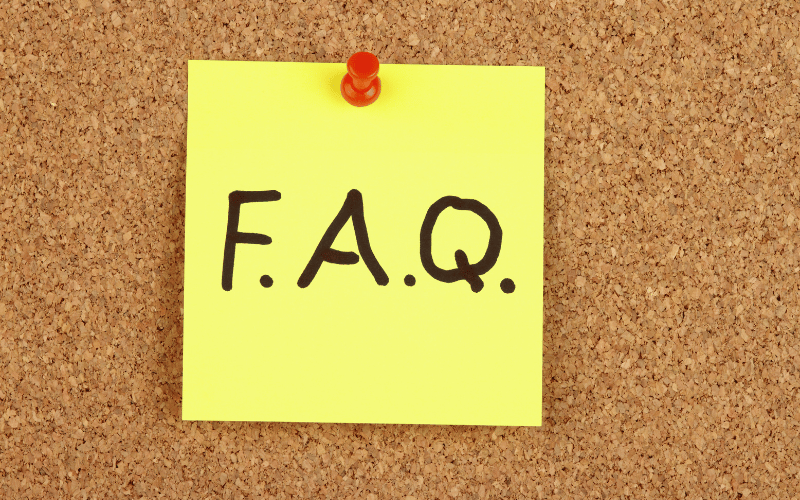Frequently Asked Questions: Understanding Insulin Resistance in Women

What are the early signs of insulin resistance in women?
Early signs of insulin resistance in women can include symptoms like unexplained weight gain (especially around the abdomen), persistent fatigue, intense cravings for sugars and carbohydrates, irregular menstrual cycles, and difficulty losing weight despite a healthy diet and exercise.
Can lifestyle changes reverse insulin resistance in women?
Yes, lifestyle changes can significantly impact and potentially reverse insulin resistance in women. Key changes include adopting a balanced diet low in processed foods and high in fiber, engaging in regular physical activity, maintaining a healthy weight, and managing stress levels.
How is insulin resistance diagnosed in women?
Insulin resistance is typically diagnosed through a combination of blood tests that may include fasting glucose levels, fasting insulin levels, HbA1c, and sometimes an oral glucose tolerance test. A healthcare professional may also consider symptoms and medical history in the diagnosis.
Are there specific dietary recommendations for women with insulin resistance?
For women with insulin resistance, dietary recommendations often focus on reducing the intake of refined carbohydrates and sugars, increasing fiber intake, and including healthy fats and lean proteins in the diet. This helps in stabilizing blood sugar levels and improving insulin sensitivity.
Does insulin resistance affect fertility in women?
Yes, insulin resistance can affect fertility in women. It is often associated with conditions like Polycystic Ovary Syndrome (PCOS), which can lead to hormonal imbalances and ovulatory dysfunction, thereby affecting fertility. Managing insulin resistance can improve fertility outcomes in such cases.
Conclusion: Empowering Women to Overcome Insulin Resistance
In concluding this comprehensive exploration of insulin resistance in women, it becomes evident that this condition, while challenging, is not insurmountable. Recognizing and understanding the symptoms – ranging from unexplained weight gain and persistent fatigue to more complex issues like PCOS – is the first critical step. Women equipped with this knowledge can become proactive advocates for their health, seeking timely medical advice and intervention. The role of lifestyle changes cannot be overstated; modifications in diet, exercise, and stress management play a pivotal role in managing and potentially reversing insulin resistance. Embracing these changes not only addresses the symptoms but also contributes to overall well-being and the prevention of related complications like type 2 diabetes and cardiovascular diseases. It’s a journey that requires persistence, but the rewards in terms of health and quality of life are immeasurable.
Furthermore, the broader implications of insulin resistance on women’s health highlight the need for more awareness and targeted healthcare strategies. Healthcare providers play a crucial role in early detection and offering personalized care that considers the unique aspects of insulin resistance in women. Ongoing research and increased knowledge sharing will further enhance understanding and treatment of this condition. Women facing insulin resistance should feel empowered to seek support and guidance. With the right approach, insulin resistance can be managed effectively, allowing women to lead healthy, fulfilling lives. This journey, though personal, echoes a universal message of resilience and the importance of prioritizing one’s health.